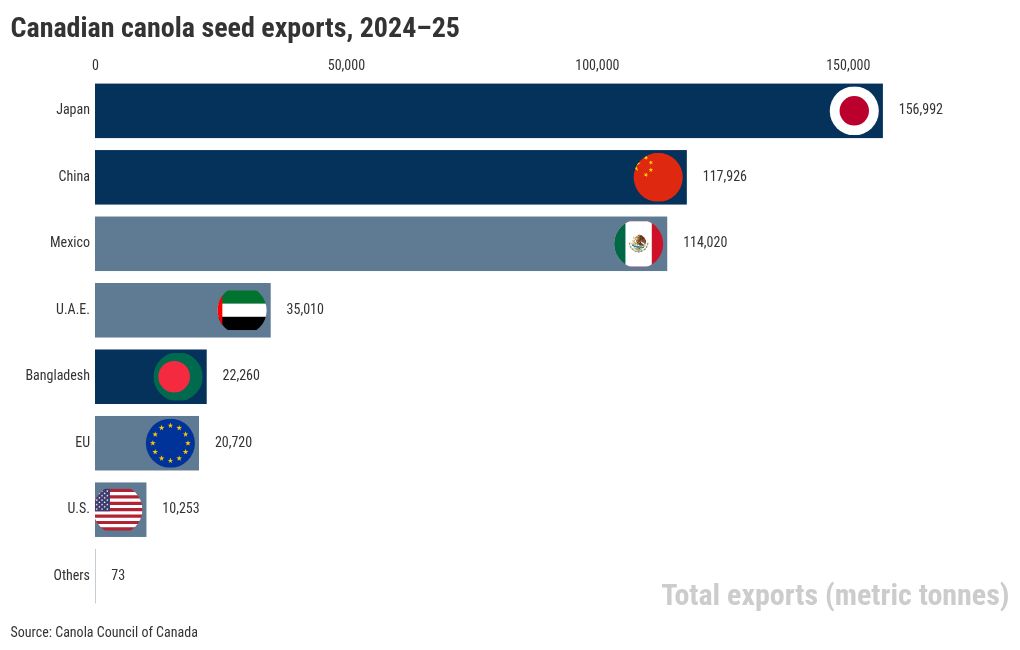Good things come to those who are made to wait, Australian Prime Minister Anthony Albanese discovered this week, as he triumphed in a long-delayed meeting with U.S. President Donald Trump at the White House.
On Monday, Albanese and Trump signed a critical minerals deal worth US$8.5 billion and reaffirmed support for AUKUS, the trilateral security and nuclear submarine pact between Australia, the U.K., and the U.S., ending months of ominous speculation over the future of the agreement.
It was perfect timing for Albanese: the critical minerals deal, reportedly in the works for five months, landed on Trump's desk right as Beijing threatened to impose restrictions on the export of up to 12 critical minerals, outraging the U.S. and sending it scrambling for help from allies.
At the White House, praise flowed thick and fast from both sides — interrupted briefly by an awkward exchange between Trump and his one-time critic, Australia's ambassador to the U.S., Kevin Rudd — and ended with an invitation by Albanese to Trump to visit Australia.
Facing domestic pressure, Albanese has been angling for a tête-à-tête with Trump for nine months; a planned meeting at the G7 leaders’ summit in Kananaskis, Alberta, fell through, and the two leaders chatted only briefly in New York City in September. Albanese assumed a cautious approach with Trump; he neither fawned over the president nor confronted him, smoothing over a relationship that has shown minor cracks in recent months due to U.S. tariffs on Australia and Canberra’s September recognition of Palestine.
Inclusivity, sustainability to anchor ASEAN summit
Joined by leaders from Canada, China, Japan, and elsewhere across the Indo-Pacific, Trump and Albanese will both travel to Malaysia next week for the Association of Southeast Asian Nations (ASEAN) summit in Kuala Lumpur.
The theme of this year’s ASEAN summit is “inclusivity and sustainability,” with a focus on the development gap, inequality, and climate change. The host, Malaysia, will be looking for concrete commitments on economic resilience, digital growth, and inclusive development across ASEAN, rather than just a joint communiqué.
While in Kuala Lumpur, Trump is expected to observe the signing of a formal peace deal between ASEAN members and neighbours Thailand and Cambodia, although issues such as landmine clearance and the withdrawal of heavy weapons remain sticking points.
Trump will travel to Japan after the ASEAN summit to meet with Japan’s new prime minister, Takaichi Sanae, who on Monday inked an eleventh-hour agreement with a new coalition partner, the Japan Innovation Party, allowing her to govern.
Carney searches for new markets
Canadian Prime Minister Mark Carney will make his first official trip to Asia, departing tomorrow and staying until November 1. Carney will attend the ASEAN summit in Malaysia, travel on to Singapore, and then finish at the Asia-Pacific Economic Cooperation leaders’ meeting in South Korea.
According to Ottawa, at the ASEAN summit, Carney will “focus on advancing significant new export opportunities for Canadian industries, from agriculture and energy to innovation and technology.”
Carney is advancing a decidedly stoic approach to trade, with Ottawa declaring that “Canada’s new government is focused on what we can control,” rather than the hardline trade tactics practised by the U.S. and China. What Canadian trade negotiators hope they can control are ongoing negotiations towards a Canada-ASEAN free trade agreement. In September, ministers from both sides “urged officials to intensify their efforts” to conclude an agreement by 2026. Two-way merchandise trade between ASEAN and Canada hit C$42.3 billion in 2024.
In the Indo-Pacific, Canada will be looking for importers of canola, seafood, and energy, all products ensnared in trade wars with the U.S. and China.
In 2024–25, Canada exported 477,254 metric tonnes of canola seed abroad, equivalent to the mass of five U.S. Navy aircraft carriers. Japan and China were the largest importers of Canadian canola seed.

